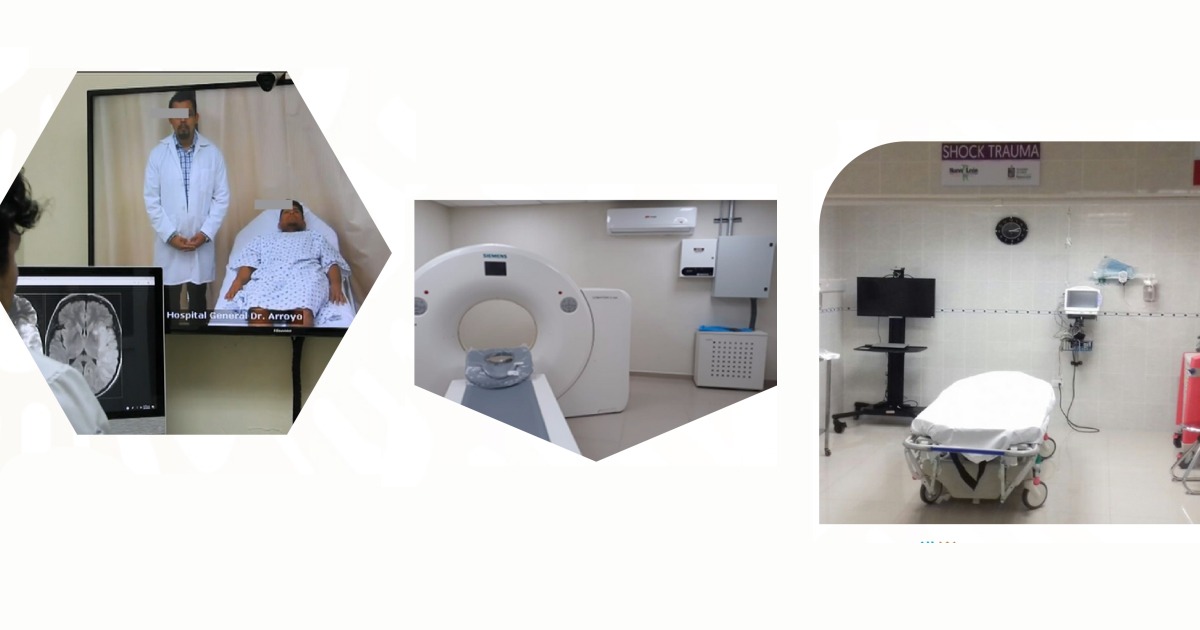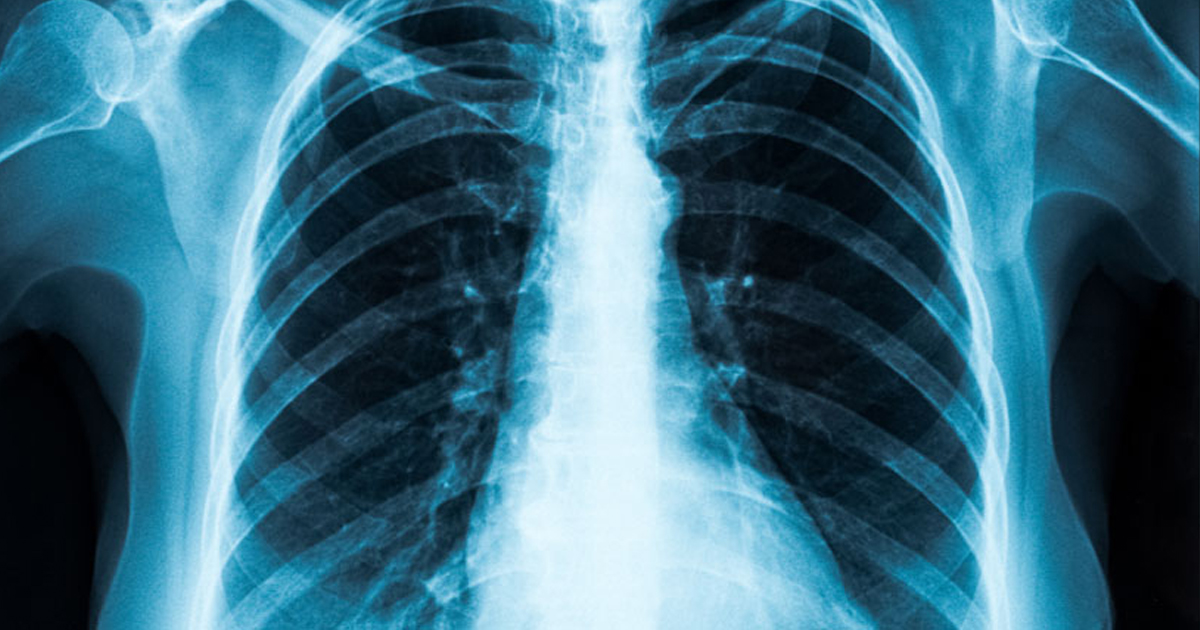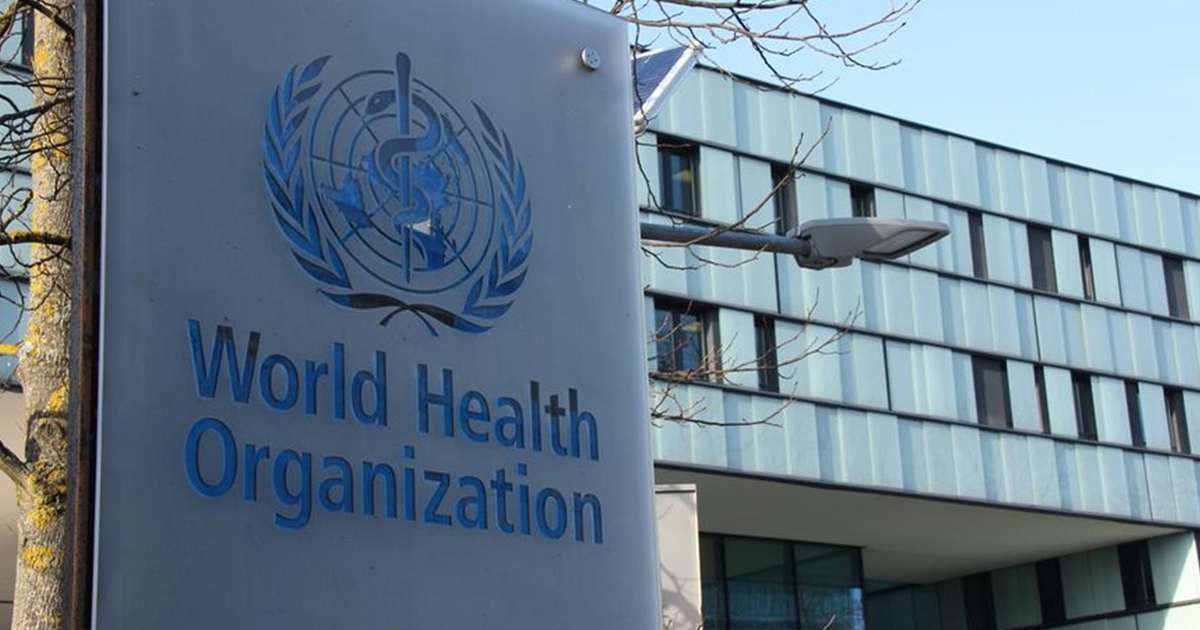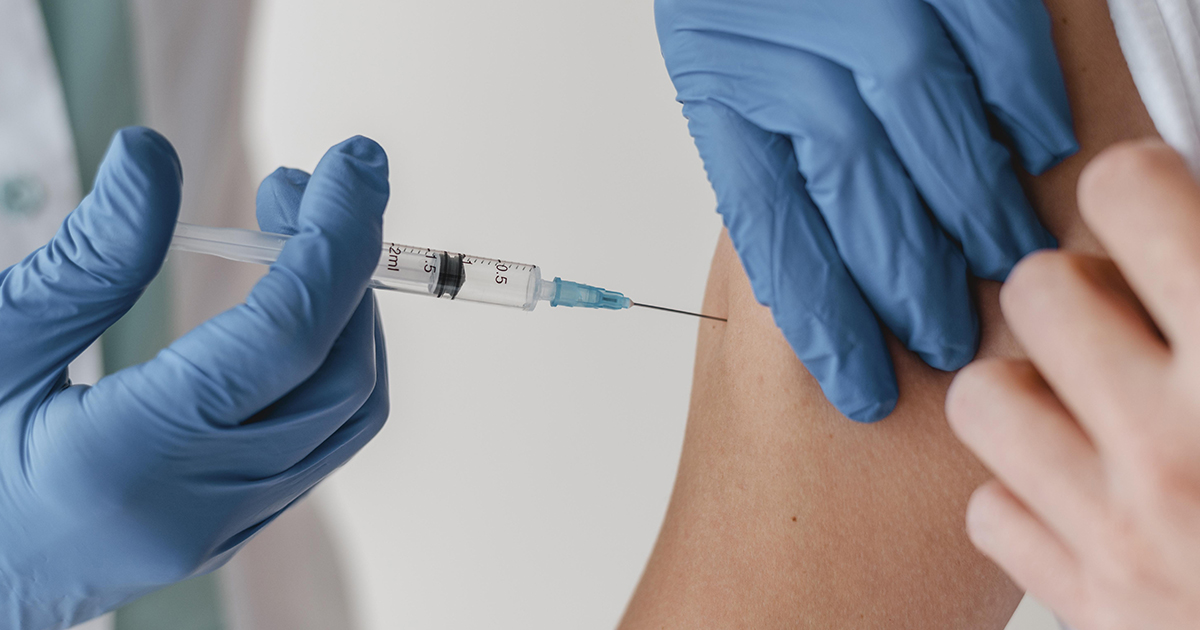Research conducted by Rice University was based on two studies that examined participants' behaviors and digital media consumption trends, associated self-control patterns followed by brain activity with eating and physical activity regimens
Research led by Richard B. Lopez, Todd. F. Heatherton and Dylan D. Wagner, researchers at Rice Universityselected 72 of the participants from the first group to be part of the second study. This study consisted of those observing unrelated images including some fatty foods. In this way the study found that those with multitask tendencies, when exposed to food signals, showed different patterns in their brain activity, generating a stimulus.
People with multitasking or multitasking behaviors are those who use devices and alternate their use without thinking about it, for example, checking the mobile phone when the computer is being used.
The study had 132 participants, all adults ages 18 to 23, who had to answer questions related to their behaviors and trends in the use of their mobile phones. In addition, they went through a measurement of their body fat, as 37% of participants were overweight or obese.
However, different forms of measurement were needed to understand the relationship between digital devices and weight gain. He found a picture in which the habit of staying in touch with these devices, relates to the excitation processes of neurons that stimulate the person's appetite and lack of self-control in order to cope with such reactions.

Research led by Rice University selected 72 of the participants from the first group to be part of the second study. This study consisted of those observing unrelated images including some fatty foods. In this way the study found that those with multitask tendencies, when exposed to food signals, showed different patterns in their brain activity, generating a stimulus.
Undoubtedly, modern socialization practices adapt to the requirements that new technologies demand, which means that more diseases are generated connected with lack of exercise, sedentary lifestyle and weight gain, that is why future research aims to be more than descriptive, integrative and prone to propose solutions to improve the health of the population.
To read the full study entitled "Media multitasking is associated with higher risk for obesity and increased responsiveness to rewarding food stimuli" you can go to:
https://link.springer.com/article/10.1007/s11682-019-00056-0






